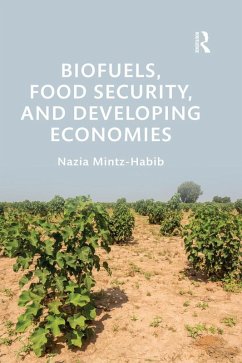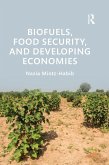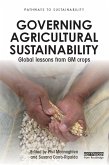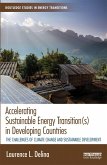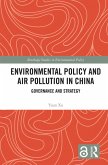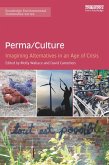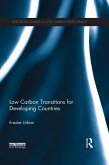The last decade has witnessed major crises in both food and energy security across the world. One response to the challenges of climate change and energy supply has been the development of crops to be used for biofuels. But, as this book shows, this can divert agricultural land from food production to energy crops, thus affecting food security, particularly in less developed countries. The author analyses the extent to which biofuels feedstocks fit within the national food security strategy, agro-export orientation, and rural development plans and policies of developing economies. Two case studies, from Tanzania in East Africa and Borneo in Malaysia, are considered in detail, using the non-edible crop of jatropha as an example of how compromises can be reached to balance food and energy goals as well as export markets. The author develops a novel integrated approach, the Institutional Feasibility Study, as the basis of her analysis. She addresses key issues such as: how do global initiatives for green growth, energy security and sustainable development incorporate biofuels industry development? Does global biofuels trade present meaningful foreign and local investment opportunities for developing countries? To what extent does biofuels feedstock production help with poverty reduction and agricultural sector modernization? What role do the EU and the US commitments to biofuels blending targets play in the rapid industry development in developing countries? How does the biofuels industry fit within existing formal and informal institutional frameworks? Who are the winners and losers in the biofuels global value chain?
Dieser Download kann aus rechtlichen Gründen nur mit Rechnungsadresse in A, B, BG, CY, CZ, D, DK, EW, E, FIN, F, GR, HR, H, IRL, I, LT, L, LR, M, NL, PL, P, R, S, SLO, SK ausgeliefert werden.

